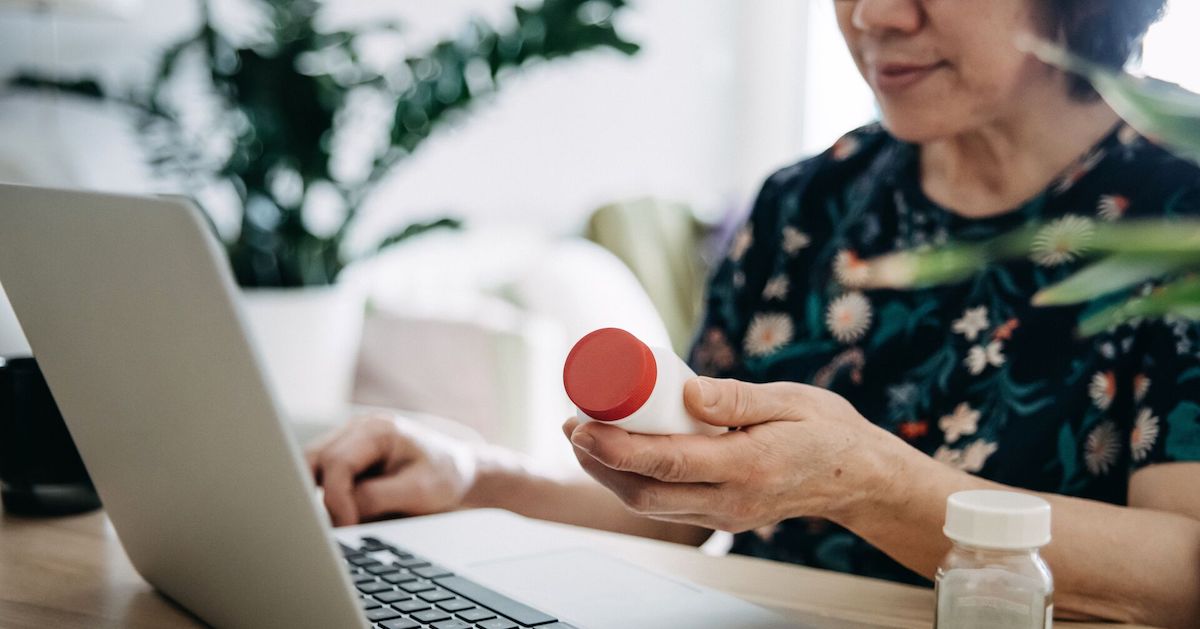Google has announced that Med-PaLM 2, the tech giant’s medical large language model, will be available to select Google Cloud customers in the coming weeks to share feedback, explore use cases and for limited testing.
Med-PaLM 2 is a generative AI technology that utilizes Google’s LLMs to answer medical questions.
When tested on U.S. Medical Licensing Examination-style questions, Med-PaLM 2 performed at an “expert” test-taker level with 85%+ accuracy. It also received a passing score on the MedMCQA dataset, a multiple-choice dataset designed to address real-world medical entrance exam questions.
The technology company also announced its new AI-enabled Claims Acceleration Suite, created to help with the process of health insurance prior authorization and claims processing.
The Suite converts unstructured data (datasets that are not organized in a predefined manner) into structured data (datasets highly organized and easily decipherable).
“We’re committed to realizing the potential of this technology in healthcare. By working with a handful of trusted healthcare organizations early on, we’ll learn more about what can be achieved, and how this technology can safely advance. For all of us, the prospects are inspiring, humbling and exciting,” Aashima Gupta, global director of healthcare strategy and solutions, and Amy Waldron, global director of health plan strategy and solutions at Google Cloud, wrote in a blog post.
THE LARGER TREND
Other large tech companies and startups are exploring using large language models for healthcare. Last month, Microsoft’s Nuance Communications revealed a new clinical documentation tool that uses the latest version of OpenAI’s model, GPT-4.
Microsoft also recently announced it would preview a new template of its Azure Health Bot, a tool that allows healthcare organizations to create their own chatbots. The new template will allow healthcare organizations to experiment with integrating the Azure OpenAI Service, providing and testing fallback answers when the bot doesn’t know how to respond.
Another company in the generative AI space includes Suki, which recently announced Suki Assistant Gen 2, which can automatically generate notes by listening to a patient and clinician’s conversation.
Doximity also offers an AI-powered chatbot tool dubbed DocsGPT, which allows doctors to test and weigh in on AI-powered product development. The platform was developed using OpenAI’s ChatGPT.
Ty Vachon will offer more detail in the HIMSS23 session “ML and AI Forum: 2023 AI in Healthcare: The Good, The Bad and The Hopeful.” It is scheduled for Monday, April 17 at 3 p.m. – 4 p.m. CT at the South Building, Level 1, room S100 B.




